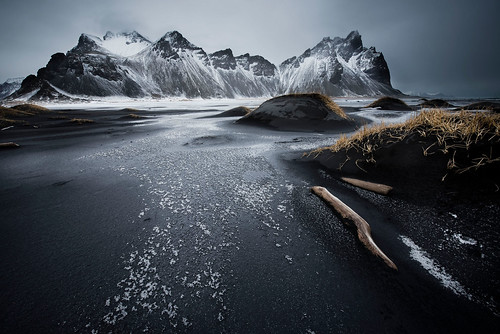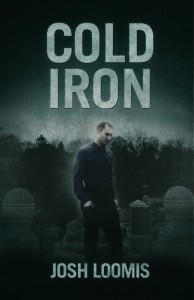The Unicorn And The Cat — Blue Ink Alchemy
"Tell me a sweet story," she asked me, via instant message. "Please. With cats. And a unicorn." Standing in my friend's kitchen at their birthday party, I thought for just a few moments. I smiled. And then I began. Once upon a time, a unicorn felt entirely alone. The forest was vast, and deep, and beautiful, but it could be so lonely. The unicorn roamed the paths through the forest, following traces of scent and bits of hoof-broken twig. Their first find was a young doe; sweet, but not a unicorn. They next found a stag, white and wise, who treated the unicorn with respect and kindness, but still was not a unicorn. ("Wait. Does the unicorn have purple hair?" "If you want them to!" "Okay!") The stag, hearing the unicorn's story, asked them simply, "Have you asked the cats?" The unicorn paused. They had run into cats before. Cats were furry and affectionate, but could turn so quickly. The unicorn had scars to tell that tale. "I understand your fear and hesitation," said the white stag. "But you must be honest with the cats, and with yourself. If you are nothing but honest, they will never stop helping you." The unicorn, so thankful, went to find the cats. The unicorn talked of how lonely they were, how they wished to just find another of their kind, and how they had been lead here by the stag. The cats were silent for a long time. Then a long, lean, female black cat said quietly, "Follow me." The unicorn paused again. Black cats were said to be unlucky. "Why do you wait?" asked the cat. "They say you're unlucky," the unicorn said honestly. "Then rely not on luck, but on your hooves and my guidance." The path of the cat lead her and the unicorn into a bog. It was smelly and dark and the mire sucked at the unicorn's hooves. The unicorn held their head high to shed more light, and the cat hissed. "This makes it easier for me to see," said the unicorn. "But I am the one who knows the way," snapped the cat, "and your light will not save you from what it attracts. Douse it." The unicorn doused their light, and the sounds of the mire crept in around them. For a long moment, nothing happened. Then something jumped on the unicorn's head! It was the cat! She turned around and pawed at the unicorn's horn. "I will guide us," said the cat. "Are you ready? Are you afraid?" The unicorn remembered the advice of the stag. They wanted to say they were not afraid of anything, and they were always ready. After all, unicorns are pure magic! But that would have been a lie. "I am ready," the unicorn said, "but I am afraid." "Good," said the cat. "Only fools do not fear the unknown. And cats do not suffer fools." With the cat's paw batting at their horn, the unicorn was guided through the mire, down into a gorge crawling with spiders, and over a ravine that had no bottom. Through it all, the unicorn answered the cat's questions honestly, only after asking themselves and being sure of the truth, first. At last, they came to a great glade by a river. In it, the unicorn at last happened across another of their kind! But once more, they paused. "I'm afraid," said the unicorn to the cat. "I have faced darkness, danger, and impossible peril, and here before me is what I seek, and it fills me with more fear than anything that's come before." "How did you survive those things?" The cat watched the unicorn carefully. "I was honest, with you and with myself." "Do this," said the cat, "and you cannot fail this other of your kind." "Is it that easy?" "Yes," said the cat, gold eyes glittering, "and that terrifying." The unicorn blinked. "Why did you guide me all this way?" "This stream has the tastiest salmon in the entire forest," said the cat. "With this in my belly, I will easily become queen." "Why did you not come yourself?" "I could not navigate the mire or gorge or ravine on my little paws. You were most helpful." "But how will you get back?" The cat shrugged. "I will figure something out. I'm clever." The unicorn went to the other, told their story, and was completely honest. After some thought, the other unicorn agreed. They approached the cat. "We will take you home," the unicorn said. "You helped me get here, and meet another of my kind. The least I can do is help win your throne." "You don't want to stay here, after searching so long for this new home?" "I do," said the unicorn honestly, "but I will not leave you so far from yours. That is not how unicorns are." "And besides," said the unicorn, "anywhere there is more than one of us together, we can make a home that rivals any throne. Such is the power of our magic, and our love." "Salmon first," said the cat, "then my throne." "So it shall be," said the unicorn. And so it was. The end.Blue Ink Alchemy


